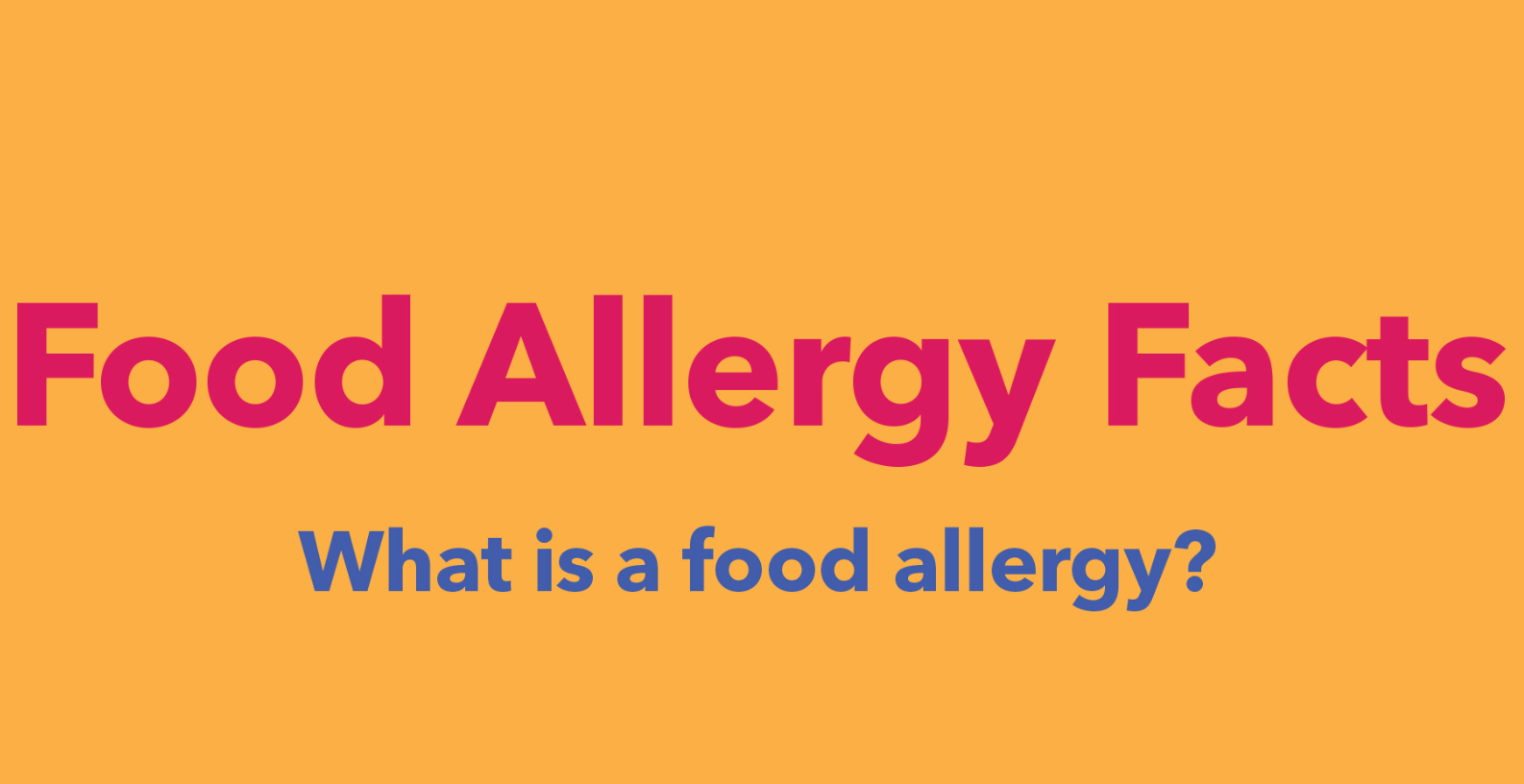Keep an Employee’s Invisible Disability in Mind at Company Events The definition of an invisible disability in simple terms is a physical, mental or neurological condition that limits a person’s movements, senses, or activities that not visible to the eye. And, because the symptoms of the disability are invisible, it makes the disability misunderstood and ignored. Examples of an invisible disability include, but are not limited to peanut allergy, celiac disease and diabetes. In 2008, the Americans With Disabilities Act was amended to to add additional terminology to major life activities as defined in the original law enacted in 1990.…











